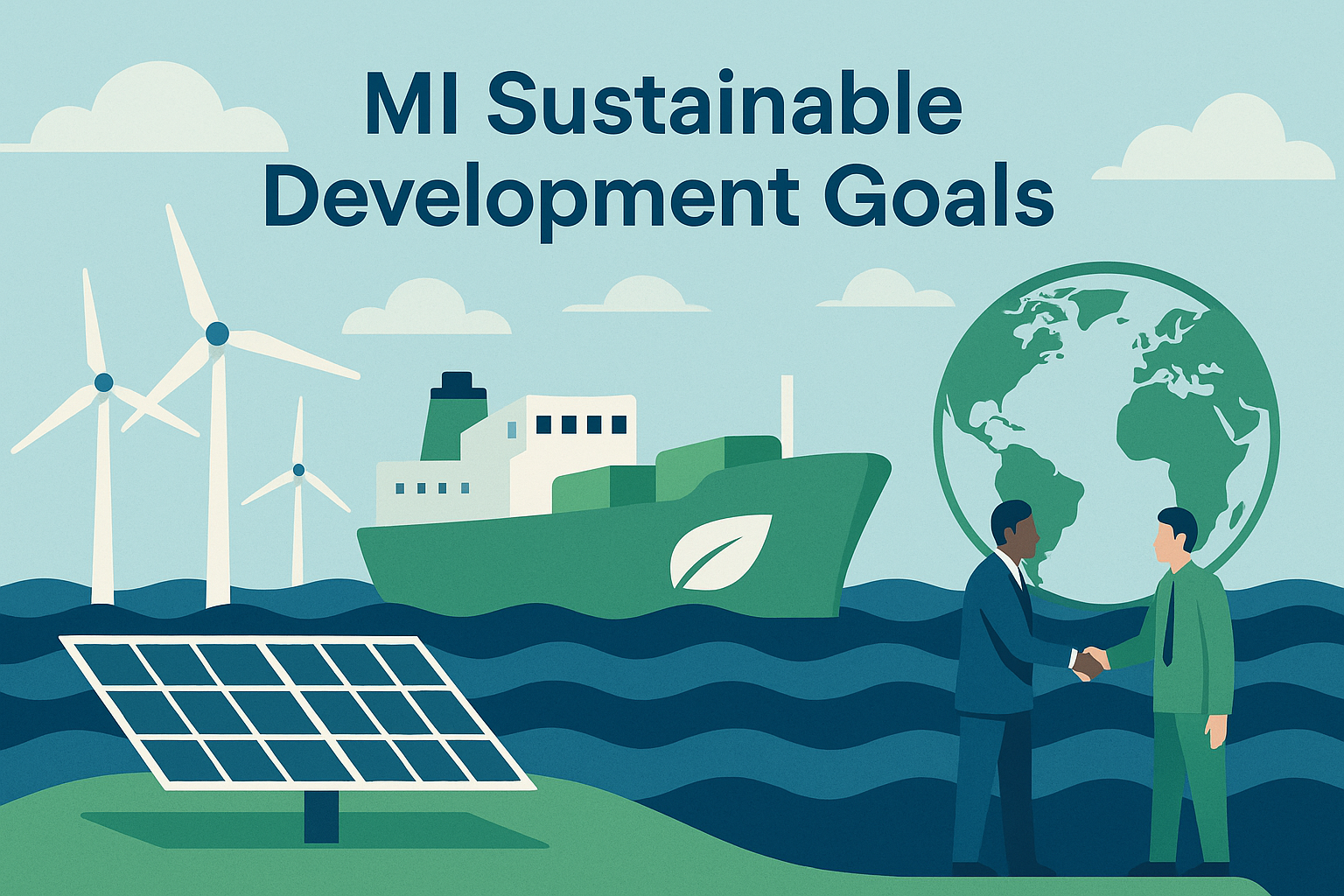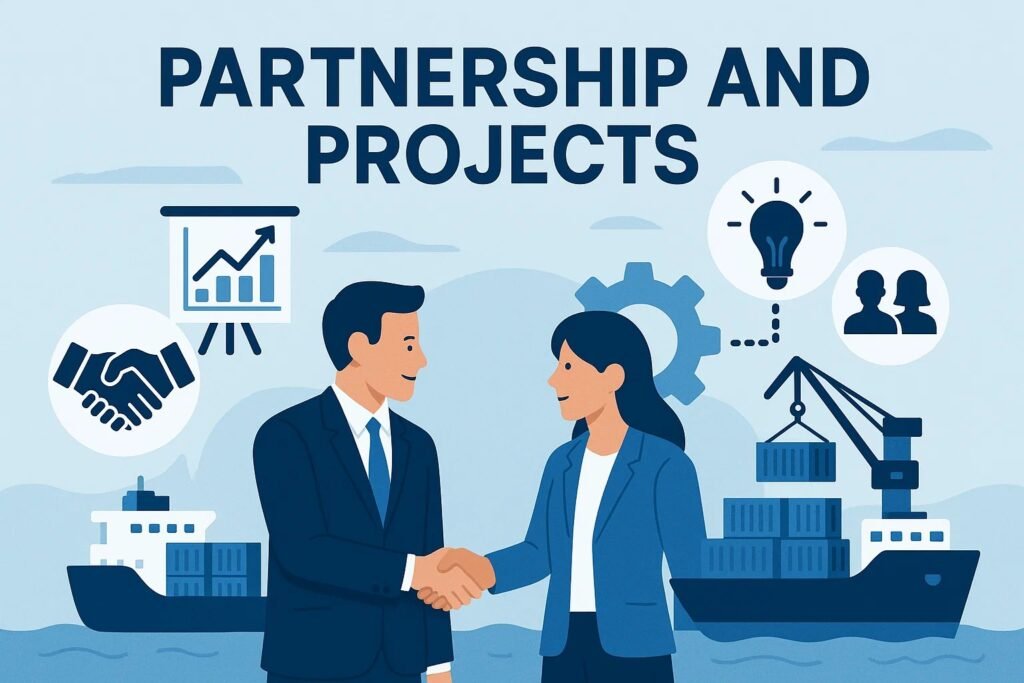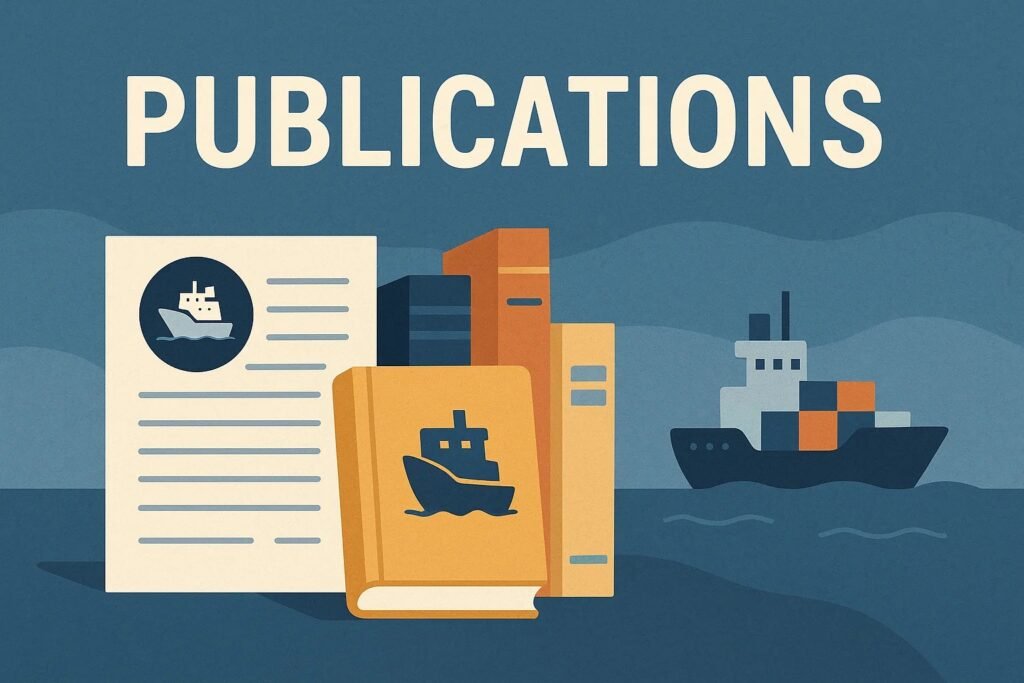Future Work
Decarbonisation
- The world is facing a climate emergency. Urgent action is needed to limit global warming to 1.5ºC, or we will face disastrous consequences. Responsible for transporting 90% of global trade and supplying the world with food, fuel, medicines, and goods, the global shipping industry accounts for 3% of global greenhouse gas (GHG) emissions. After a long history of wind-, coal-, and oil-fueled ships, a fourth propulsion revolution is now underway: shipping is shifting away from conventional fuels and transitioning towards alternative low- and zero-carbon fuels and technologies. This will support the global community in reaching the Paris Agreement’s 1.5ºC temperature goal.
- Future alternative fuel technologies, such as hydrogen, ammonia, batteries, and biofuels, are expected to introduce new training for all seafarers, in addition to familiarization onboard, specific to the ship they are joining.
- Seafarers will need adequate skills, education, training and familiarization, to operate new technology systems on board and to manage new fuels.




